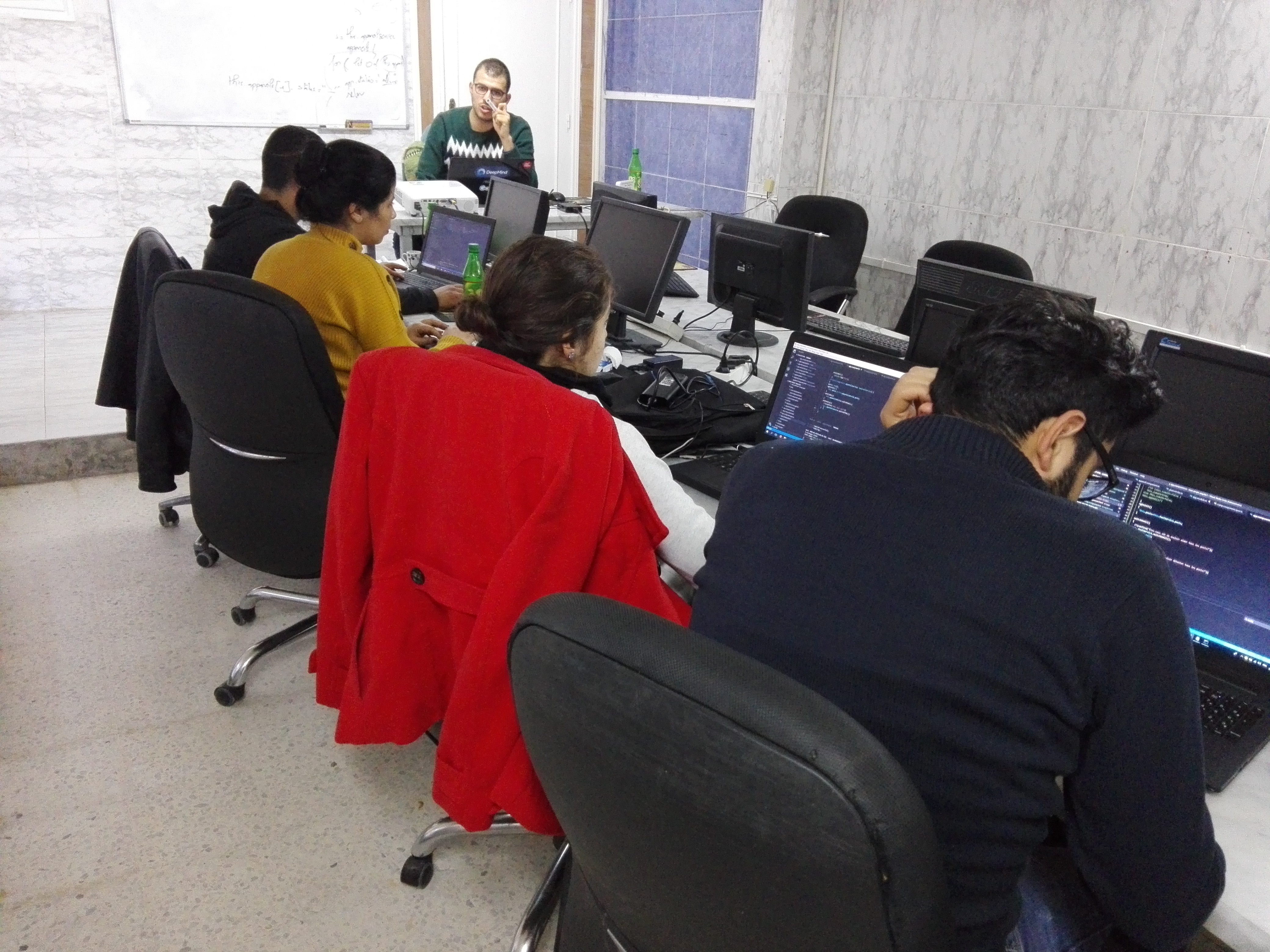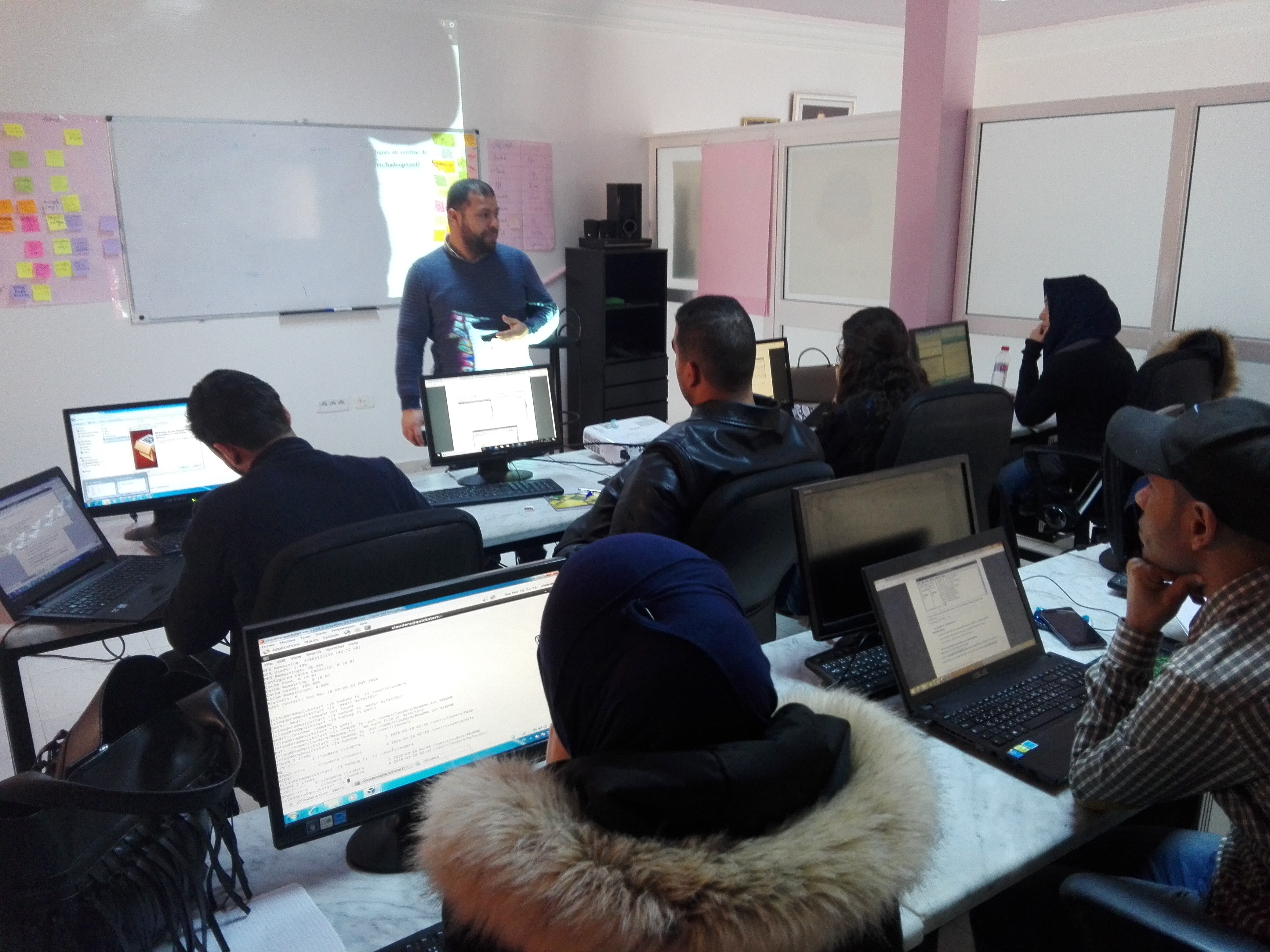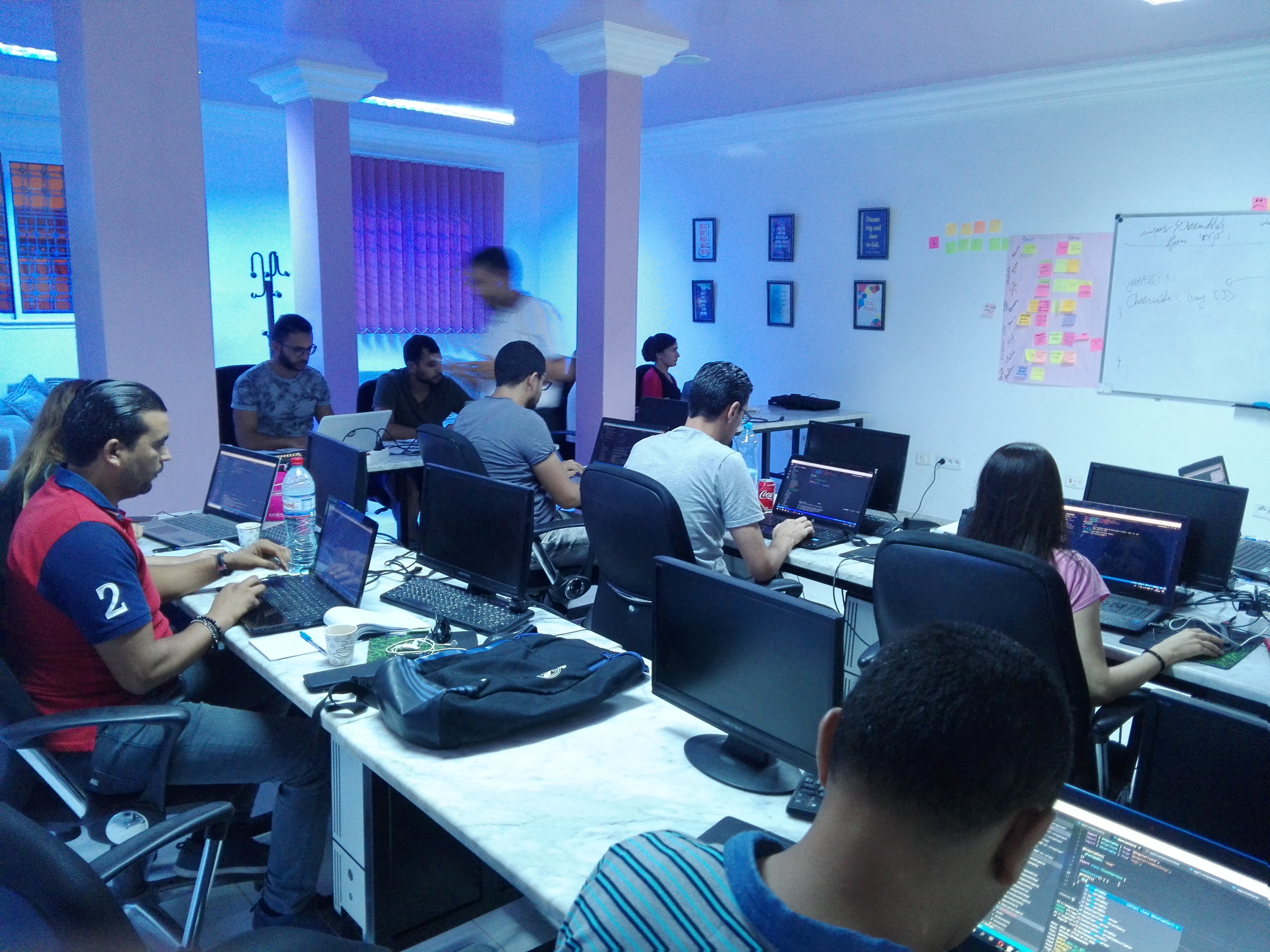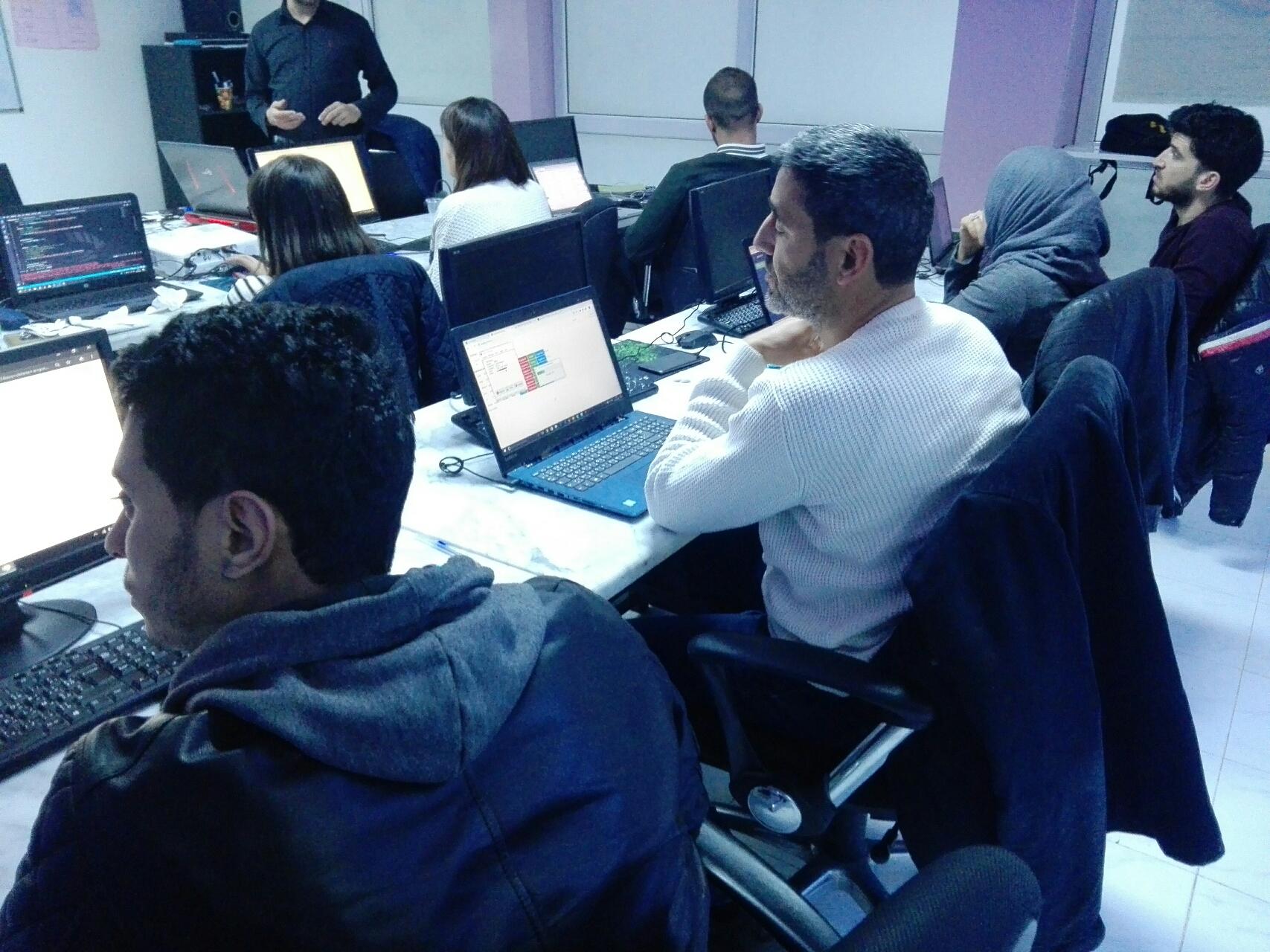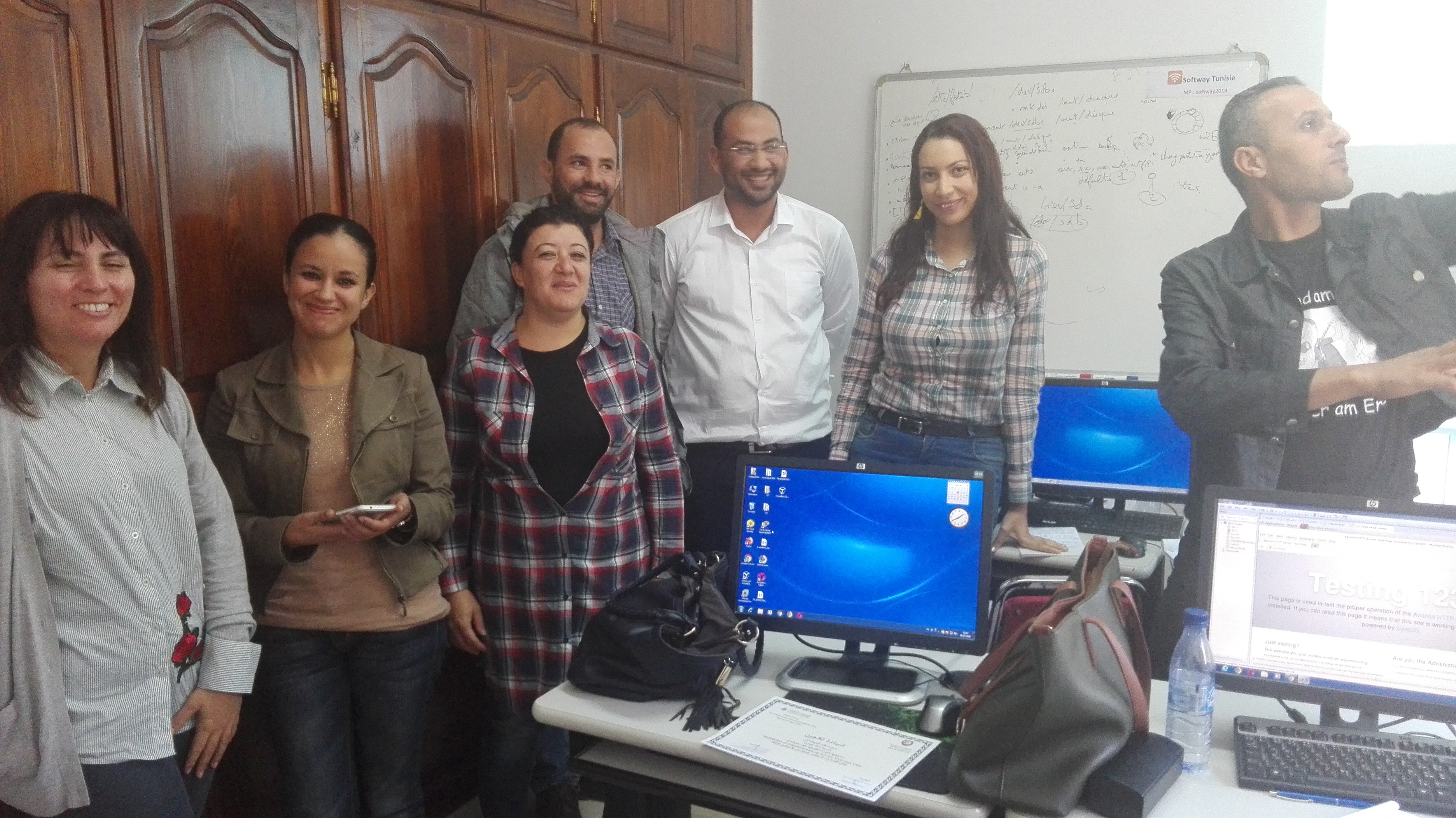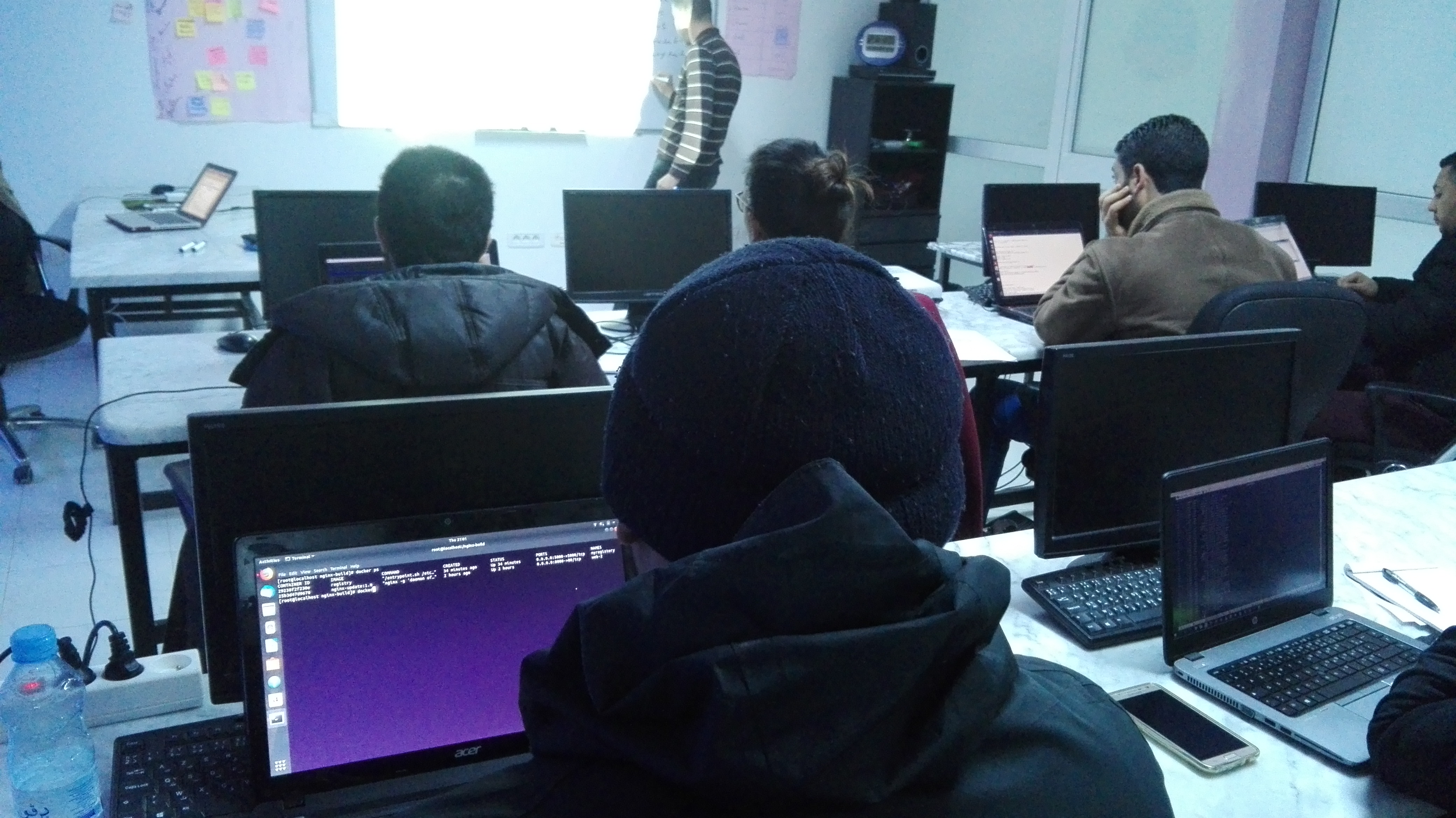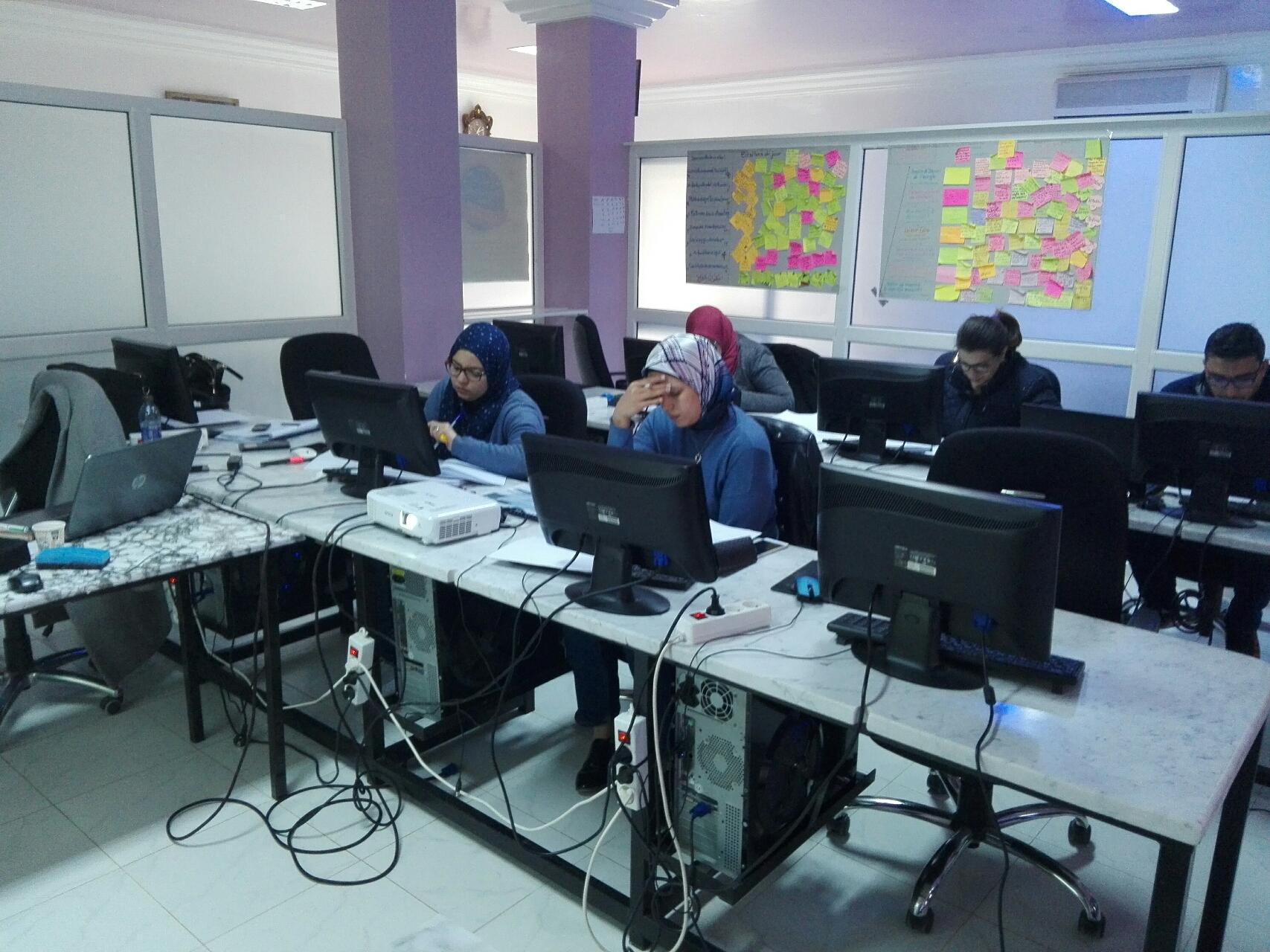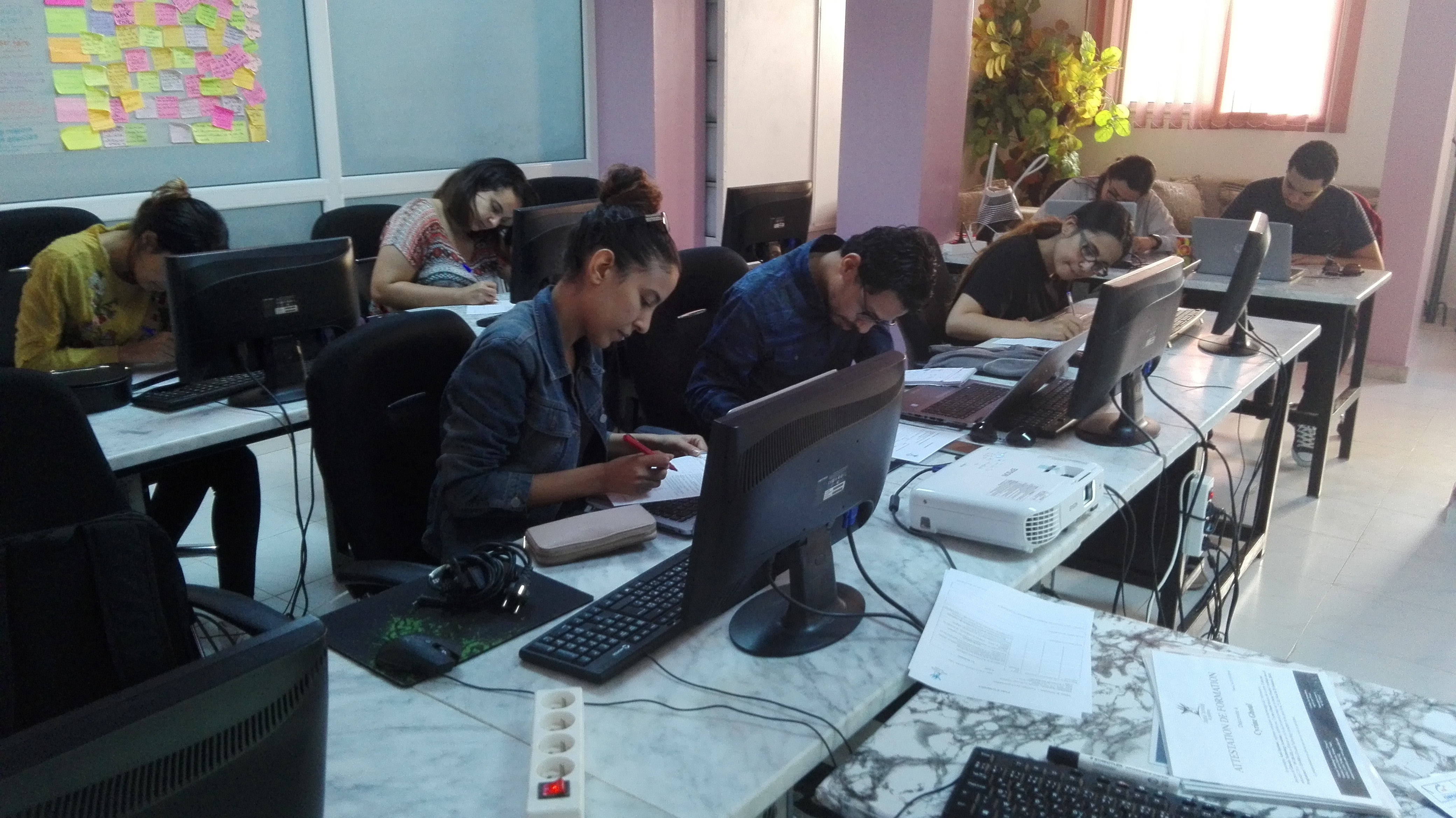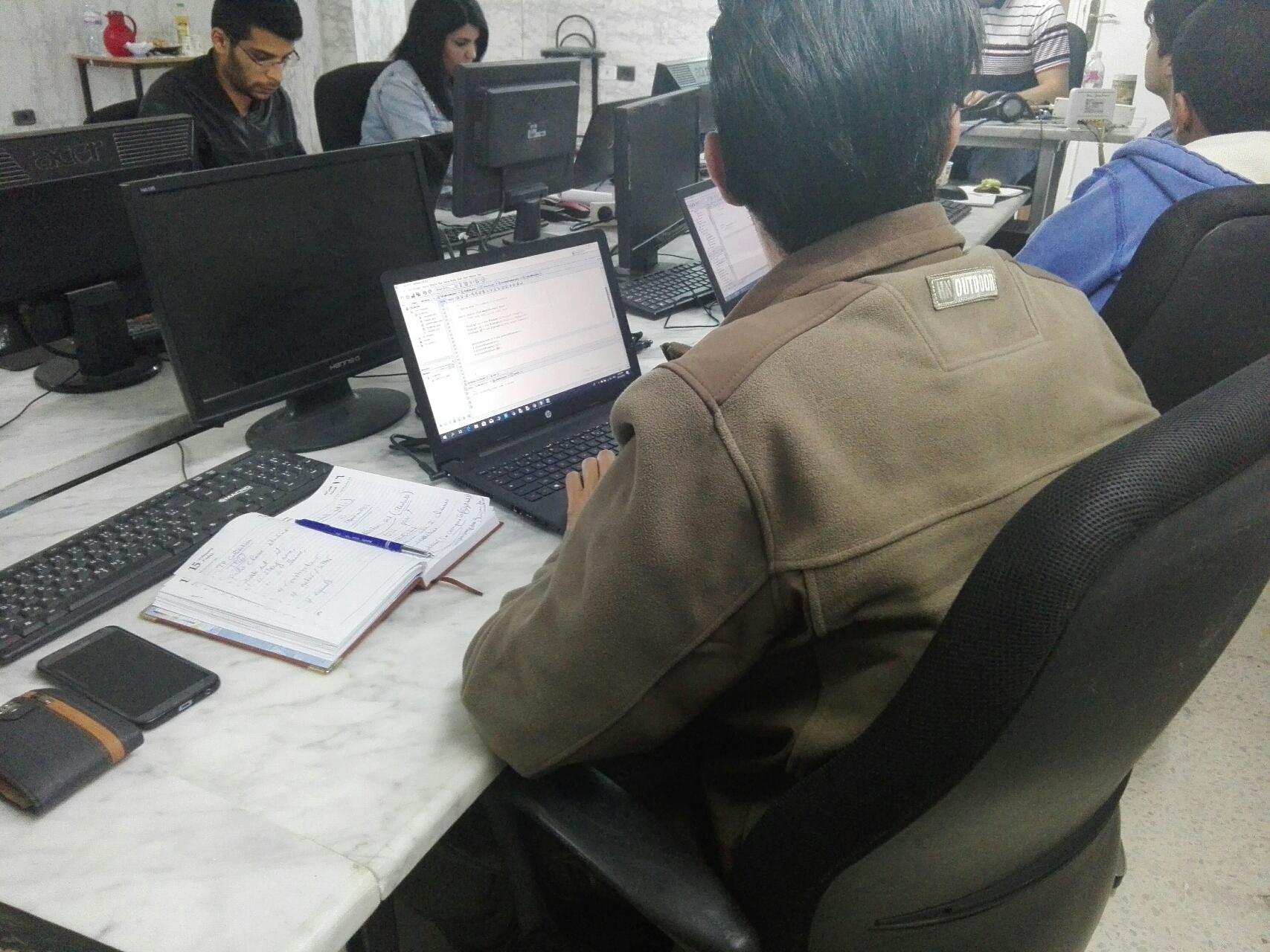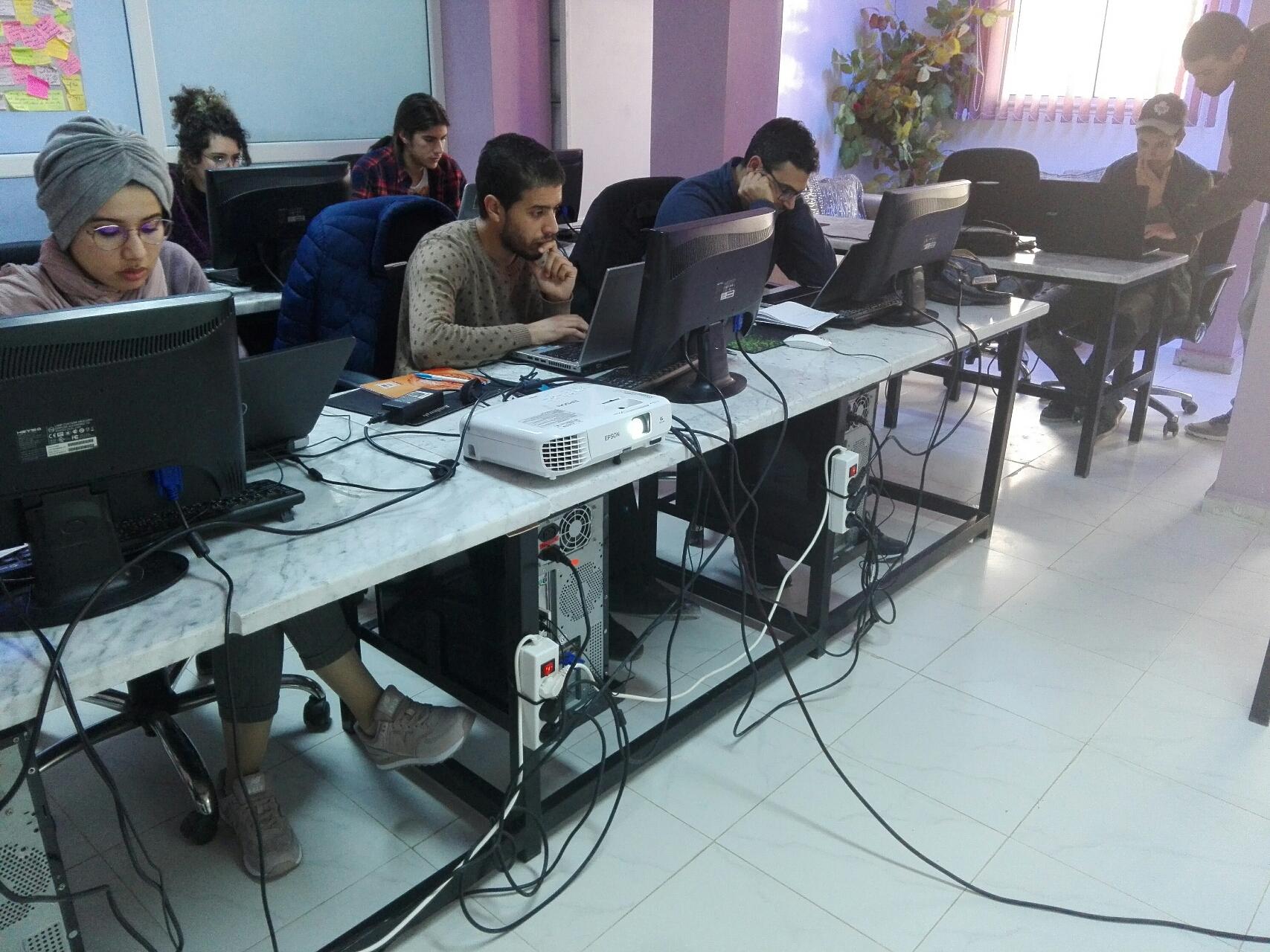Course Content
Implementing Microsoft Azure Infrastructure Solutions is a 5-day instructor-led, hands-on course for experienced IT Professionals who currently administer their on-premise infrastructure. The course introduces you to Microsoft Azure and teaches you how to manage your infrastructure in Azure rather than on premise.
Who should attend
-
Information Technology (IT) professionals who have some knowledge of cloud technologies and want to learn more about Microsoft Azure.
-
IT professionals who want to deploy, configure, and administer services and virtual machines in Microsoft Azure.
-
IT professional who have used Microsoft System Center to manage and orchestrate a Microsoft server infrastructure.
-
Windows Server administrators who are looking to evaluate and migrate on-premises Active Directory roles and services to the cloud.
-
IT professionals who want to use Windows Azure to host web sites and mobile app back-end services.
-
IT professionals who are experienced in other non-Microsoft cloud technologies, who meet the course prerequisites, and are looking to cross-train on Microsoft Azure.
-
IT professionals who want to take the Microsoft Certification exam, 70-533, Implementing Microsoft Azure Infrastructure Solutions.
-
Engineers who have used DevOps approaches to optimize the management and lifecycle of the software in their organization.
Prerequisites
In addition to professional experience, you should already have an understanding of:
-
On-premises virtualization technologies including: virtual machines, virtual networking, and virtual hard disks
-
Network configuration including: TCP/IP, DNS, virtual private networks, firewalls, and encryption technologies
-
Websites including: create, configure, monitor and deploy a website on Internet Information Services (IIS)
-
Active Directory concepts including: Domains, Forests, Domain Controllers, replication, Kerberos, and LDAP
-
Database concepts including: Tables, queries, Structured Query Language (SQL), and database schemas
-
Resilience and disaster recovery including: backup and restore operations
We recommend that you have completed the following courses or certifications:
-
MCSA: Windows Server 2012 certification
-
Course Objectives
-
Describe Azure architecture components, including infrastructure, tools, and portals
-
Implement and manage virtual networking within Azure and connect to on-premises environments
-
Plan and create Azure virtual machines
-
Configure, manage, and monitor Azure virtual machines to optimize availability and reliability
-
Deploy and configure web apps and mobile apps
-
Implement, manage, backup, and monitor storage solutions
-
Plan and implement data services based on SQL Database to support applications
-
Deploy, configure, monitor, and diagnose cloud services
-
Create and manage Azure AD tenants, and configure application integration with Azure AD
-
Integrate on-premises Windows AD with Azure AD
-
Automate operations in Azure management by using automation
Follow On Courses
Outline: Implementing Microsoft Azure Infrastructure Solutions (20533)
Module 1: Introduction to Azure
-
Cloud technology overview
-
Overview of Azure
-
Managing Azure with the Azure portal
-
Managing Azure with Windows PowerShell
-
Overview of Azure Resource Manager
-
Azure management services
Module 2: Implementing and Managing Azure Networking
-
Overview of Azure networking
-
Implementing and managing Azure virtual networks
-
Configuring Azure virtual networks
-
Configuring Azure virtual network connectivity
-
Overview of Azure networking in an infrastructure as a service (IaaS) version 1 (v1)
Module 3: Implement Virtual Machines
-
Overview of IaaS v2 virtual machines
-
Planning for Azure virtual machines
-
Deploying Azure IaaS v2 virtual machines
-
Authoring Azure Resource Manager templates
-
Overview of IaaS v1 virtual machines
Module 4: Managing Virtual Machines
-
Configuring virtual machines
-
Configuring virtual machine disks
-
Managing and monitoring Azure virtual machines
-
Managing IaaS v1 virtual machines
Module 5: Implementing Azure App services
-
Introduction to App Service
-
Planning app deployment in App Service
-
Implementing and maintaining web apps
-
Configuring web apps
-
Monitoring web apps and WebJobs
-
Implementing mobile apps
-
Traffic Manager
Module 6: Planning and Implementing Storage, Backup, and Recovery Services
-
Planning storage
-
Implementing and managing storage
-
Implementing Azure Content Delivery Networks
-
Implementing Azure Backup
-
Planning for and implementing Azure Site Recovery
Module 7: Planning and Implementing Azure SQL Database
-
Planning and deploying Azure SQL Database
-
Implementing and managing Azure SQL Database
-
Managing Azure SQL Database security
-
Monitoring Azure SQL Database
-
Managing Azure SQL Database business continuity
Module 8: Implementing PaaS Cloud Services
-
Planning and deploying PaaS cloud services
-
Managing and maintaining cloud services
Module 9: Implementing Azure Active Directory
-
Extending on-premises Active Directory domain to Azure
-
Implementing directory synchronization by using Azure AD Connect
-
Implementing federation
Module 10: Managing Active Directory in a Hybrid Environment
-
Creating and Managing Azure Directories
-
Configuring Application Integration with Azure Active Directory
-
Overview of Azure Active Directory Premium
Module 11: Implementing Azure-based management and automation
-
Implementing Microsoft Operations Management Suite (OMS)
-
Implementing Azure Automation
-
Implementing Automation runbooks
-
Managing Azure Automation
Labs
-
Managing Microsoft Azure
-
Using a deployment template to implement Azure virtual networks
-
Configuring connectivity between the IaaS v1 and IaaS version 2 (v2)
-
Creating IaaS v2 virtual machines in Azure
-
Deploying IaaS v2 virtual machines by using Azure Resource Manager templates
-
Managing Azure virtual machines
-
Implementing websites
-
Planning and implementing storage
-
Planning and implementing Azure SQL Database
-
Implementing PaaS cloud services
-
Implementing Azure AD
-
Implementing and managing Azure AD synchronization
-
Implementing Automation
Nous contacter sur le 27 862 155 , 54 828 018, 71 866 142
Durée :
5 jours
Merci de nous contacter via email sur le contact@ghazelatc.com
ou bien sur le 54 828 100, 54 828 018, 71 866142
Facilité de paiement
Vous pouvez payer par facilité à savoir par chèque anti daté sur plusieurs mois
Vous êtes une entreprise :
Nous sommes à votre entière disposition pour vous fournir les documents nécessaires au vu de la déduction des frais de formation sur la TFP(Taxe à la Formation Professionnelle).

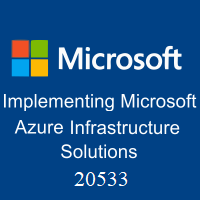
 Vues
Vues 
